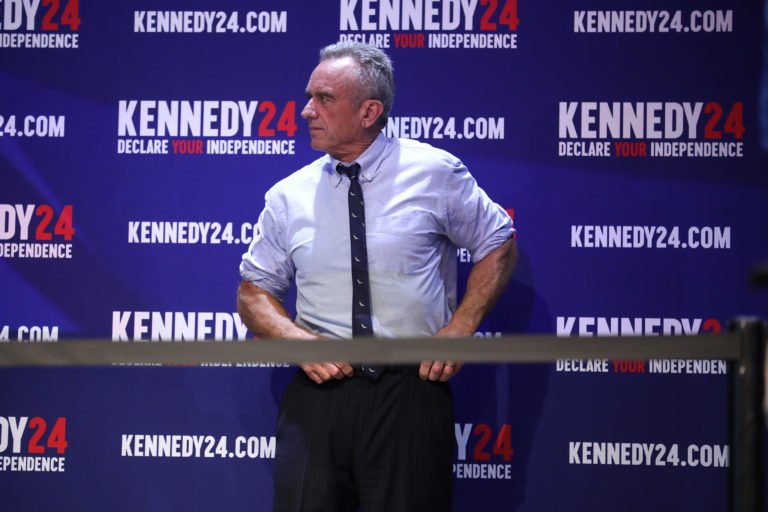RFK Jr. Confirmed as Health and Human Services Secretary: A Controversial Choice Amid Vaccine Debates
In a move that has generated intense debate, Robert F. Kennedy Jr. has been confirmed as the new Secretary of the Department of Health and Human Services (HHS) under President Donald Trump. The Senate approved his nomination with a narrow 52-48 vote, making it one of the most contentious confirmations of the new administration. His appointment has raised concerns due to his history of vaccine skepticism, a stance that now puts him in charge of key health agencies like the Centers for Disease Control and Prevention (CDC) and the Food and Drug Administration (FDA).
A long-time controversial figure in public health, Kennedy has often insisted that he is not anti-vaccine. However, fact-checkers, including an investigation by CNN, have pointed out that he has spread misinformation about vaccine safety. Over the years, he has questioned the necessity of childhood vaccinations, a position that has drawn significant criticism from medical professionals and public health advocates.
Significantly, Senator Mitch McConnell, a prominent Republican leader and a polio survivor, opposed Kennedy’s confirmation. McConnell, who has long championed vaccines, broke from his party and cast a dissenting vote. In a statement following his decision, he reaffirmed his belief in vaccines, saying, “In my lifetime, I’ve watched vaccines save millions of lives from devastating diseases across America and around the world. I will not condone the re-litigation of proven cures.” Despite McConnell’s opposition, most Senate Republicans supported Kennedy’s nomination, securing his confirmation.
Kennedy’s path to this role has been unconventional. In 2024, he launched a presidential bid as a Democrat but later switched to run as an Independent. His campaign gained attention after he selected Nicole Shanahan, the former wife of Google co-founder Sergey Brin, as his vice-presidential running mate. Shanahan, like Kennedy, has voiced concerns about vaccine safety, once stating, “I do wonder about vaccine injuries.” Despite early momentum, Kennedy eventually ended his campaign in August 2024 and endorsed Donald Trump for president. This political alliance paved the way for his nomination as HHS Secretary, sparking division among lawmakers and the public.
Now tasked with overseeing the nation’s health institutions, Kennedy’s leadership could lead to significant policy changes. His past skepticism of vaccine mandates raises questions about how he will handle vaccine regulation and public health initiatives. Supporters argue that his willingness to challenge the pharmaceutical industry may lead to greater transparency in healthcare. However, critics fear that his views could weaken trust in vaccines and hinder disease prevention efforts.
His confirmation signals a shift in health policy direction under the Trump administration. While some believe his leadership could bring much-needed accountability in the healthcare industry, others warn that his influence may undermine long-standing public health programs.
As Kennedy assumes office, all eyes will be on his decisions regarding vaccine mandates, medical research policies, and federal health programs. With a sharply divided public opinion and strong responses from both supporters and critics, his tenure as HHS Secretary is set to be one of the most closely watched in recent history. His actions in the coming months will determine whether his appointment sparks meaningful reform or intensifies ongoing debates over science and health policy.




















































